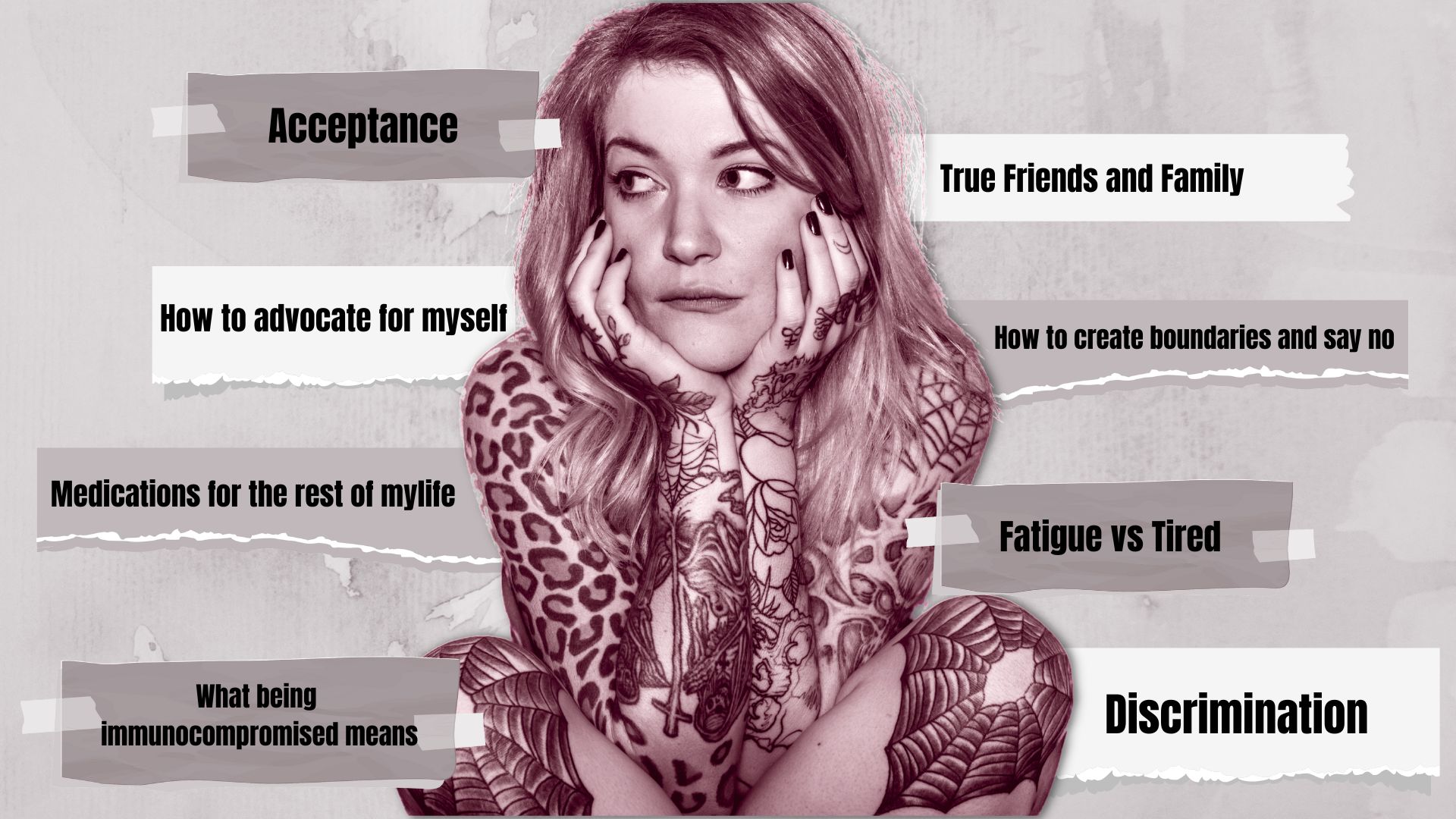How to Explain Arthritis to Family and Friends
When you have arthritis, you may not always look like you’re sick or in pain on the outside. People around you may not realize you hurt, or that your joints are stiff or hard to move. They may not realize you struggle to get out of bed in the mornings, that you have to take shots or pills, or that some activities are harder for you to do. They may not know that you sometimes feel blue because you have a chronic disease.
Talk to your friends and family about your arthritis so they understand what’s going on with you. Let them know some ways that they can help you cope better with the challenges of your disease, particularly if they want to be there for you. Find out which people in your life will be good sources of support when your flares or when you feel like it’s a lot to handle. Some family members or friends could be great exercise buddies too.
Here are a few tips for talking with your family and friends about your arthritis:
- Explain a little bit about your disease, like how arthritis affects your body, what inflammation is, and how your joints or organs could be at risk for serious damage. Don’t try to unload an encyclopedia of information on others — just give them a few ways that arthritis affects you.
- Don’t hide your pain or other symptoms from those you love. It’s OK to admit that you are having a flare or struggling to get tasks done. Ask for help if and when you need it. Let people know ahead of time if you need help with regular tasks like getting dressed or lifting a cooking pot.
- Keep your friends and family up to date about your arthritis treatments. Make a list of the drugs and dosages you take, and give it to a couple of people in your inner circle that you trust. They may need to have this information handy in a medical emergency. Also, people that care about you want to know what you are doing to treat your disease, and how you’re doing. They can be the best cheerleaders for your treatment success!
- You may want to talk to coworkers or other people you deal with from time to time about your arthritis. They may wonder about your condition when you’re not feeling well or if you need help with certain tasks.





